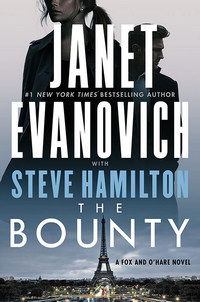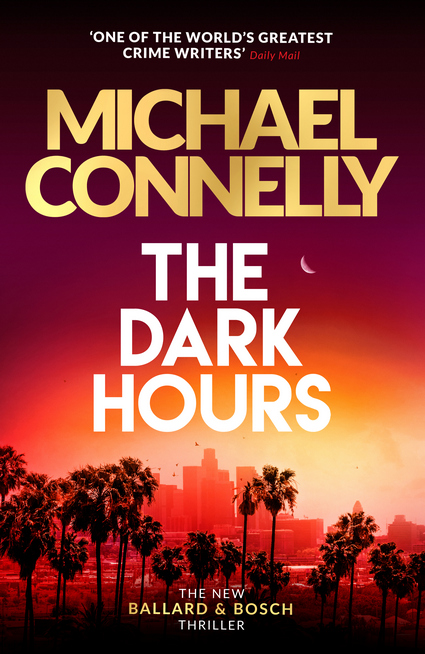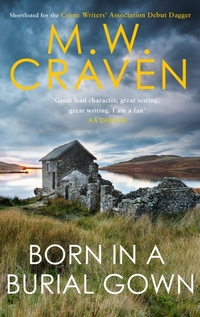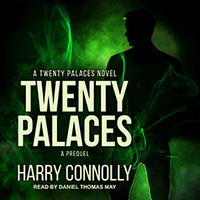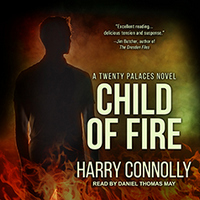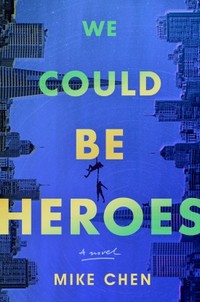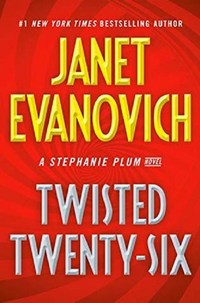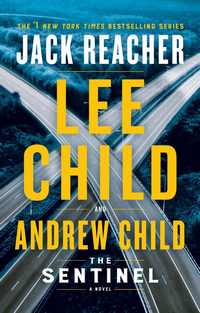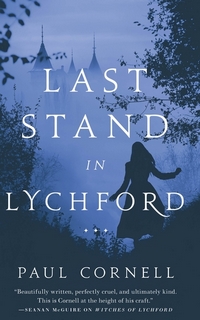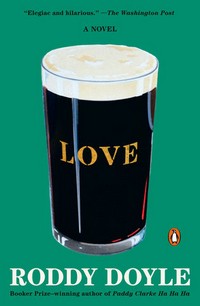 |
Loveby Roddy Doyle Hardcover, 327 pg. Read: August 19-20, 2021 |

—Well, that was how it felt, he said. —Like we’d never been apart.
—But—.
—I know, he said. —I know. We’d never been much together. But I’m talking about feelings here, not facts. Feelings. The feel of the thing.
It sounded like something he’d said before. More than once.
What’s Love About?
Joe and Davy are men in their 50s—in their 20s, they were drinking buddies, spending every weekend together at as many Dublin pubs as they possibly could. Eventually, they grew out of it. Davy moved to England with his wife. Joe settled down, too.
Now they see each other once or twice a year when Davy comes over to visit his father. It’s really the only time Davy drinks anymore. And, boy howdy, do they drink a lot.
This novel takes place over the course of one night/early morning, starting after dinner when they have a couple of drinks. Joe has a story he wants to tell Davy, he needs to unburden himself. Davy has something he needs to talk about, too, but he won’t let himself.
And that’s the novel—the two going from pub to pub, having a couple of drinks, and moving on. Sometimes out of choice, sometimes because they got a little too loud and are asked to leave. They walk a bit, sober up a touch (while continuing their conversation), and find a new pub to have a pint or two in before being asked to leave.
And if that doesn’t sound that interesting to you, have you ever listened to a couple of Irish people telling stories?
The Title
In the cleverly titled book, The Four Loves, C. S. Lewis posits that there are four different types of love and spends some time describing each.* Others have come up with different numbers, different categories. Which is just to say that the concept of “love” is a tricky one to nail down. To borrow Justice Stewart’s phrase, most of us know it when we see it, and most of us settle for that.
* It’s beside the point, but I feel compelled to list them: Affection (storge), Friendship (philia), Romantic (eros), Charity (agape).
All this is to say, it’s really impossible to know precisely what the title refers to—there are several types of love displayed in this book, and I can see some people trying to argue for which one is most fitting.
After a little thought, I’ve decided that Doyle is referring to them all (and I don’t think that’s a cop-out). It’s about two men struggling—and aided by several of the pints in the cover image—to find ways to talk about love.
Feelings
There is a reason why men don’t talk about their feelings. It’s not just that it’s difficult, or embarrassing. It’s almost impossible. The words aren’t really there
That’s from the beginning of the book, Davy’s narration noting the difficulty that Joe’s having getting his story started. It’s seen a few times after that (I should point out that at least Joe is trying, Davy’s avoiding it entirely).
Which is where beer comes in, I guess. Joe never quite expresses himself the way he wants—Davy doesn’t help that much, really—but he gets asymptotically close. The number of pints they consume to get him to the point where he gets close is enough to make my liver sick. Part of the enjoyment of this novel is watching these two try to get the words right.
—The drink is funny, though, isn’t it? You see things clearly but then you can’t get at the words to express them properly.
—Or somethin’.
—Or somethin’, yeah.
Conventional wisdom suggests that two women wouldn’t need that much alcohol—or any, really—to achieve the same ends, if not do a better job of expressing and understanding the emotions being discussed. I expect that wisdom is right (but wouldn’t die on that hill)—and the ensuing novel might be less entertaining. Still, I’d like to see someone give it a shot.
So, what did I think about Love?
—It’s a thing abou’ gettin’ older, he said. —At least, I suppose it is. So many memories, you know. It become, harder to separate wha’ happened from wha’ might’ye happened an’ wha’ didn’t happen but kind o’ seemed to.
He was looking at me.
—Is it? he asked.
—Is memory reliable? I said. —Is that wha’ you mean?
—I think so, yeah. yeah.
This is a novel about love—obviously—and old friends, memory, nostalgia, the power of reminiscing, aging, dealing with the past (whether it happened or not), family, forgiveness, trust…and a few more things, too. All discussed in the story that Joe’s telling and the stories that Davy isn’t telling.
When I read this in a couple of years, it wouldn’t surprise me if I come up with a different list of subjects.
But in a sense, it really doesn’t matter what you think the novel is about—it can be enjoyed and chewed on just with the surface. A couple of old friends talking.
Doyle’s dialogue is as strong as it ever was. The dialect makes it jump off the page, you don’t so much read this book as hear it with your eyes.* It is funny, it is tragic, it’s heartbreaking, it’s wistful, and occasionally silly. It runs the gamut—both for the characters and the reader.
* Yeah, I know, I know. Roll with it, will you?
If you haven’t read Doyle before—this is a pretty good ice-breaker. If you know his work, this is exactly what you expect (a little closer to the feel of The Barrytown Trilogy than A Star Called Henry or Paddy Clarke Ha Ha Ha). His idiosyncratic punctuation and approach to dialogue tags and paragraphs might cause you to stumble at first—but once you catch on, you won’t even notice it.
It’s like you’re sitting there on a night on the town with these two, just catching up with old friends and enjoying the conversation with them (even if you’re not holding up your end). And who doesn’t think that sounds like a fun time?

This post contains an affiliate link. If you purchase from it, I will get a small commission at no additional cost to you. As always, opinions are my own.
![]()



